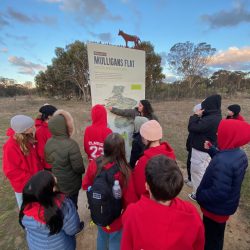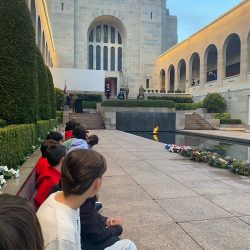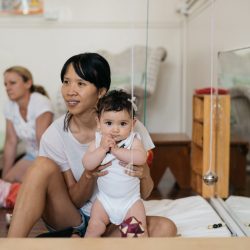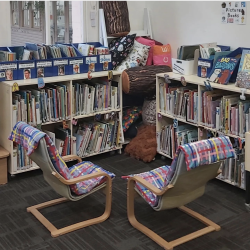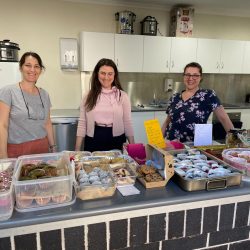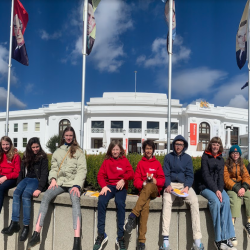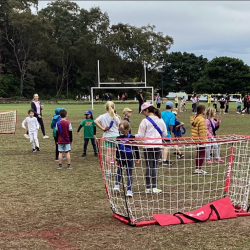Experiential Learning
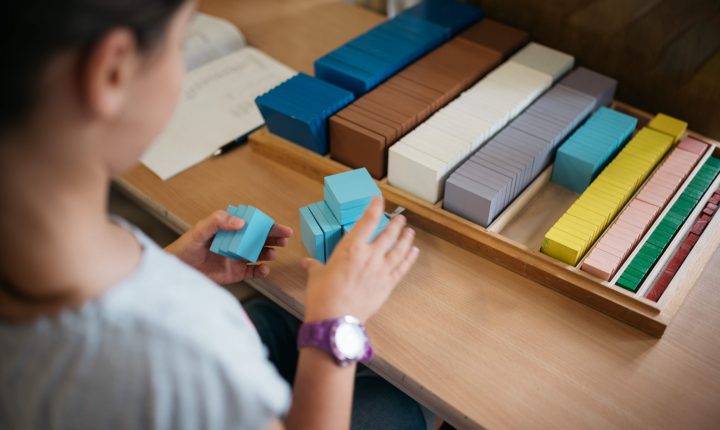
“Education is a natural process carried out by the child and is not acquired by listening to words, but by experiences in the environment.” Maria Montessori
Experiential learning is the process of learning through experience, and is more specifically defined as “learning through reflection on doing”. Hands-on learning is a form of experiential learning and is supported in our Montessori classrooms.
Each Montessori lesson utilises a hands-on/concrete or visual material to present children with a new concept. It also gives an invitation for exploration/investigation within the child’s physical environment, or is accompanied by a story which activates the child’s imagination and reasoning mind, allowing for a connection to be made to the child’s own experience.
In Montessori classrooms, the children’s learning occurs through engagement with activity. Through work within their learning environment, the child makes essential connections between their mind (intellectual engagement), their heart (love of the work they are doing) and their hands (physical interactions).
The child is not a passive receiver of content and information, but a fully active participant engaging in learning through their own will and collaboration with others.
The children use minimal, if any worksheets, and textbooks.
After each lesson is delivered, the child chooses what is known as follow-up work. This is independent work that is chosen by the child. Follow-up work allows the child to repeat the new concept shown to them in their lesson and then move beyond this concept by making their own connections.
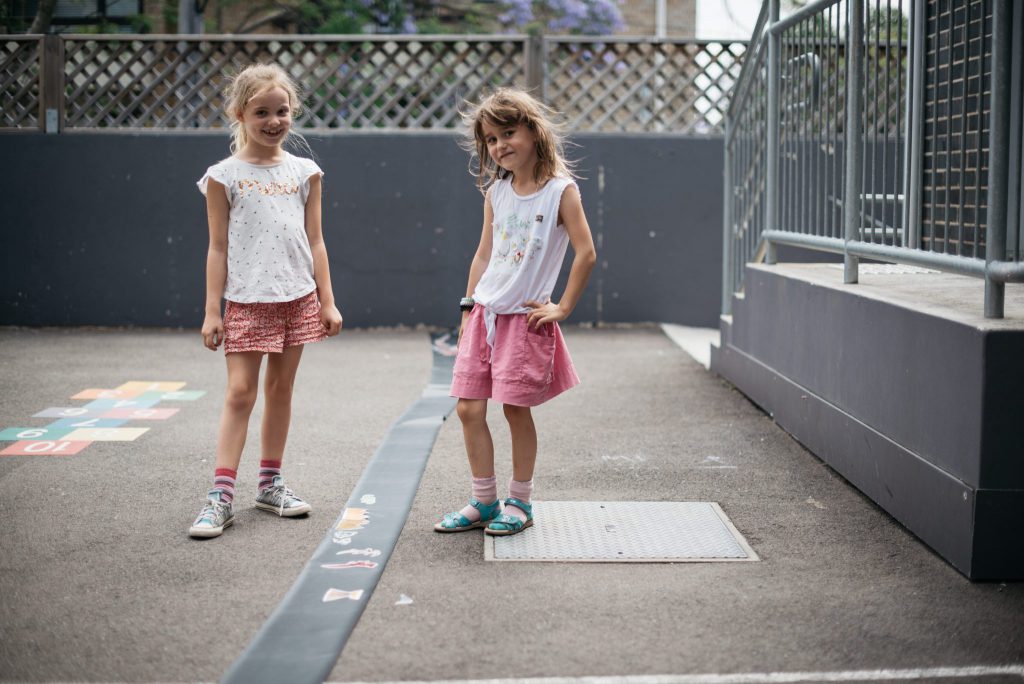
Independent discovery becomes a key component of the child’s learning and comes about through their own learning experiences.
In the Primary classroom, the children are encouraged to go out into the community for research, exploration, activities and events. This is called Going Out and is described in the Community section.


